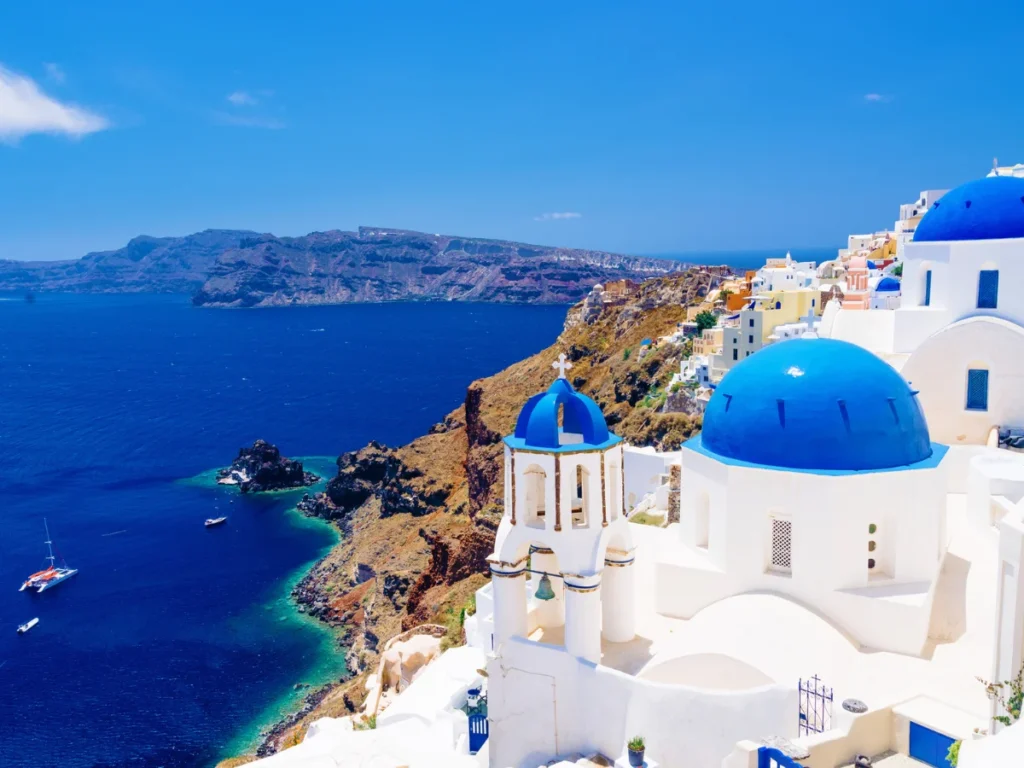Religion holds immense importance in Greek culture
Religion holds immense importance in Greek culture, influencing daily life and fostering family bonds. Greek Orthodoxy is the predominant faith, observed with devotion on Sundays and holidays, often bringing families together in church. Icons, fasting, and feasting are integral, while religious festivals feature processions and traditions. Greece’s religious tapestry encompasses tolerance and diverse beliefs, making faith a unifying and respected aspect of Greek identity.

Religion holds immense importance in Greek culture
The majority of Greeks adhere to the Greek Orthodox Church, which plays a central role in their lives. Sundays and religious holidays are observed with reverence, and many businesses remain closed on these days.
Church-Going Tradition
It is common for Greeks to attend church services on Sundays and during major religious festivals. These gatherings provide an opportunity for spiritual reflection and social interaction, as attending church is not only an act of faith but also a communal event.
Family and Faith
Family holds a special place in Greek culture, and religious traditions often bring families together. Celebrations such as baptisms, weddings, and funerals are significant events where faith and family intertwine. These occasions strengthen family bonds and reaffirm religious values.
Icons and Symbols
Greek Orthodox Christianity is known for its use of icons and religious symbols. Icons are considered windows to the divine and are venerated in homes and churches alike. These sacred images are believed to convey spiritual blessings and guidance.
Fasting and Feast
The Greek Orthodox Church follows a calendar of fasting and feasting. Lent, a period of fasting and reflection, precedes Easter, while Christmas and other religious festivals are marked by lavish feasts. These traditions underscore the connection between faith, food, and community.
Religious Festivals
Greece hosts numerous religious festivals throughout the year, celebrating the lives of saints and other religious figures. These events feature processions, music, dance, and traditional foods. They offer both locals and visitors a unique glimpse into the rich tapestry of Greek religious culture.
Superstitions and Beliefs
In addition to formal religious practices, Greece is also home to various superstitions and folk beliefs. These can vary by region but often involve rituals to ward off bad luck or bring good fortune.
Respect and Tolerance
While Greek Orthodox Christianity predominates, Greece is a country known for its religious tolerance. Other faiths are respected, and religious diversity is acknowledged as part of the nation’s identity.
In summary, religion is an integral part of Greek culture, shaping daily life, family dynamics, and community bonds. Whether in moments of solemnity or celebration, faith plays a central role in the lives of the Greek people.
